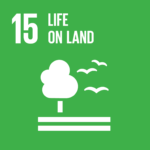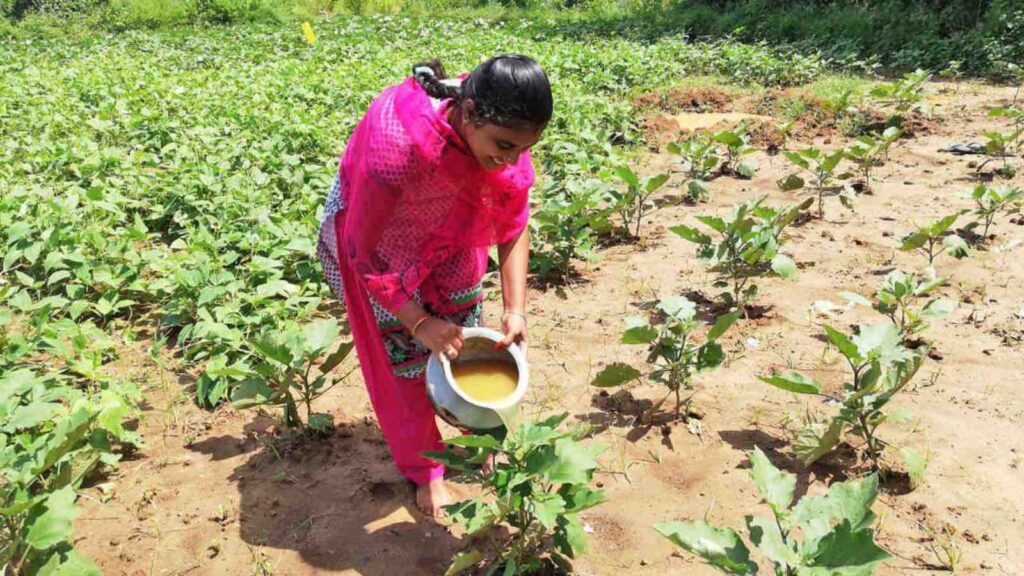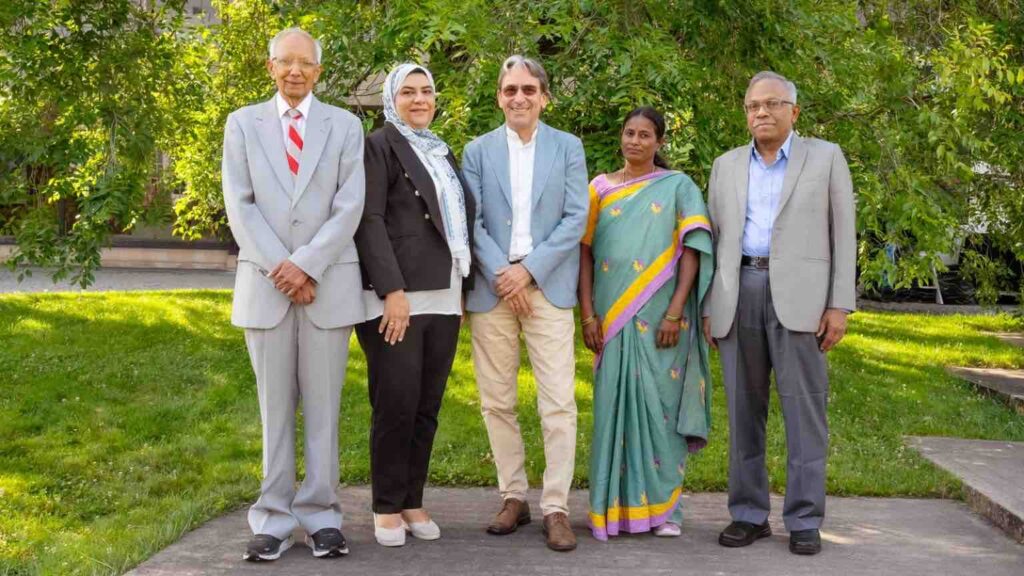The Andhra Pradesh Community Managed Natural Farming (APCNF) project has won the Gulbenkian Prize for Humanity 2024, awarded to outstanding contributions to climate action.
In a remarkable testament to sustainable agriculture, the Andhra Pradesh Community Managed Natural Farming (APCNF) project has been awarded the prestigious Gulbenkian Prize for Humanity 2024. This €1 million accolade recognizes the project’s outstanding contribution to climate action through its innovative approach to farming.
RELEVANT SUSTAINABLE GOALS



Implemented by Rythu Sadhikara Samstha (RySS), APCNF has earned the distinction of being the world’s largest agroecology program. Its impact is staggering: over one million smallholder farmers across 500,000 hectares in Andhra Pradesh have transitioned from chemically-intensive farming to natural farming methods.
Andhra Pradesh’s Natural Farming Revolution
The success of APCNF lies in its comprehensive, community-centered approach. Each farmer receives 3-5 years of personalized support during the transition to natural farming. This support comes from a network of 2.3 million master farmers, known as Community Resource Persons (CRPs), who embed themselves in villages until the transition is complete.
A key element of the program’s success is the integration of women’s collectives and village federations into community marketing and collective action. This approach has not only empowered local communities but also ensured the sustainability of the program.
The results speak for themselves. In just four years, from 2016 to 2020-21, the number of farmers practicing Natural Farming in Andhra Pradesh skyrocketed from 40,000 to 750,000 – a remarkable 17-fold increase.
This exponential growth demonstrates the scalability and effectiveness of the APCNF model. It offers a blueprint for other regions grappling with the challenges of sustainable agriculture and climate change.
The Gulbenkian Prize for Humanity 2024
The 2024 prize underscores the interconnected nature of climate-related challenges, emphasizing how sustainable agriculture can benefit communities, economies, and the planet. As climate change continues to disrupt food systems and human health worldwide, the work of these pioneers offers hope and practical solutions for a more resilient and sustainable future.
This year’s Gulbenkian Prize for Humanity, now in its fifth year, continues its tradition of recognizing and supporting outstanding contributions to climate action, with previous winners using the funds to aid communities facing severe climate impacts and to scale their climate change mitigation efforts.
Lead image courtesy of Andhra Pradesh Community Managed Natural Farming (APCNF) on X
You may also be interested in :
Agroecology: A Sustainable Path To Revitalising Indonesia’s Food Systems




